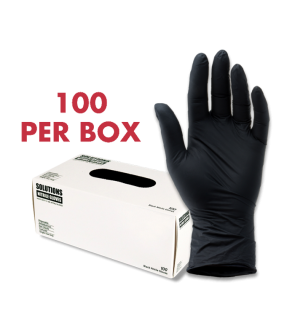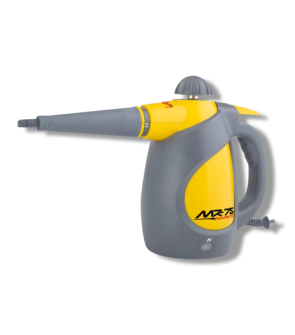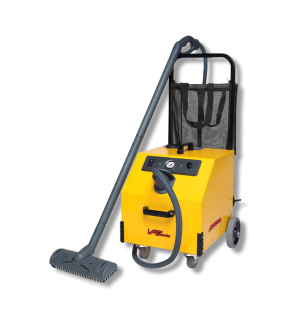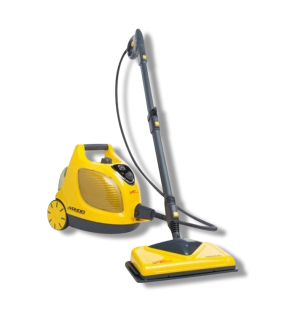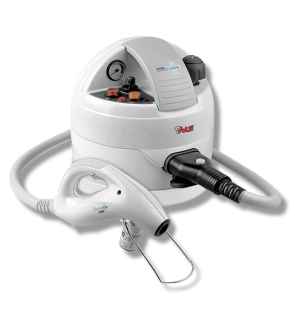Gain access to personalized product screening, the best pricing, rewards, and more!
Most Effective Products
The Best Steamers For Pest Control
A steamer is a device that produces and directs steam to a target area for treatment. Many pests, such as bed bugs and dust mites, are sensitive to high heat. Without toxic chemical treatments, a steamer creates enough heat to kill bed bugs and their eggs. It’s a relatively simple piece of equipment: just fill the boiler tank with water and plug the steamer in. Once the boiler tank has produced enough heat, you’re ready to start steaming.
Recommendation
We recommend the Vapamore MR-75 Amico Steamer. It is a great value and an extremely versatile piece of equipment. It can be used to treat furniture for pests and traditional steam cleaning, and it has a wide variety of accessories and options for any application. Vapamore’s lifetime warranty also covers it.

User Guide
The Vapamore MR-75 is a simple and reliable piece of equipment, but there are a few important things to keep in mind. Only distilled water with NO additives should be used. Any additives such as perfumes or impurities such as those in “hard” mineral water could cause harmful build-up in the internal components, which could void the warranty.
Step 1: Filling and Heating
First, fill the boiler tank with distilled water with no additives. Then plug the unit in and wait until the indicator light turns red to green. At that point, the unit is ready to steam.
Step 2: Spot Test
This step is very important. Always test a small, inconspicuous area before steaming. This will ensure no surprising reaction from the surface being treated.
Step 3: Steam
Move the unit around to direct steam where you want it. To release steam, depress the thumb switch located above the handle. When treating a mattress for bed bugs, slowly work from the bottom to the top to ensure an even treatment. Once done, let the mattress air dry completely before adding any encasements or replacing the mattress on the bed frame. If the boiler tank empties but more steam is needed, unplug the unit and allow it to cool completely before refilling.
Inspection and Maintenance
The Vapamore MR-75 is a simple piece of equipment. If all guidelines are followed, keeping in working order should require very little maintenance. When storing the unit, unplug it and allow it to cool completely, then press the thumb switch to release any remaining steam pressure. Then, empty the unit of any remaining water and allow the boiler tank to dry before replacing the cap. Then, store the unit in a cool, dry place.
Cleaning
The outer surface of the unit may be cleaned with a slightly moistened cloth. Do NOT use any cleaning agents or detergents, as these may damage the exterior finish. The threads on the boiler tank cap should be lubricated with a light oil or spray such as WD-40 once every three months or as needed. The small cotton covers, which are included, may be machine washed as directed in your unit’s instruction manual.
Parts

The Vapamore MR-75 consists of the boiler tank, the handle, and the spout.
The Boiler Tank
The boiler tank is filled with water, which will be turned into steam. This unit comes standard with a measuring cup and funnel for easy filling.
The Handle
The handle, located toward the rear of the unit, is held by the operator. Above it, there is a thumb switch that the operator depresses when they want to release steam.
The Spout
The part of the device where steam will exit during operation. The Vapamore MR-75 has an accessory adaptor, a steam hose, a connector, accessory attachments such as nylon and metal brushes, and a smooth surface squeegee.
Key Takeaways
- Steamers are a great treatment option for bed bugs and dust mites for those who wish to avoid harsh chemical treatments.
- Never fill a steamer while plugged in or hot; always allow the unit to cool completely before adding water. Always empty the unit before storing it in a cool, dry place.
- Only distilled water with no additives should be used. Additives and/or impurities may cause harmful residues to build up on internal components, which could void the unit's warranty.







